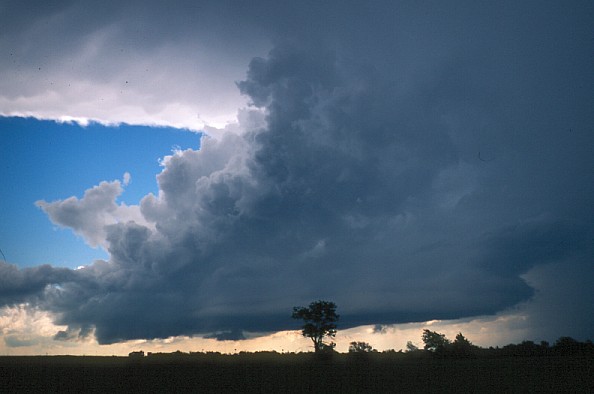 I asked in an earlier post this week, "Whither BookExpo?" The "Whither"-led headline is the journalist's ironic rubric for the inconclusive, chin-pulling article that muses on the future of Literature, the Iraq War, Marriage, or whatever. We have seen a lot of these pieces in the publishing trade in the last couple of years and we certainly have a few more years ahead of us. Almost every aspect of the business is in flux.
I asked in an earlier post this week, "Whither BookExpo?" The "Whither"-led headline is the journalist's ironic rubric for the inconclusive, chin-pulling article that muses on the future of Literature, the Iraq War, Marriage, or whatever. We have seen a lot of these pieces in the publishing trade in the last couple of years and we certainly have a few more years ahead of us. Almost every aspect of the business is in flux.This thought is prompted today by a Mike Shatzkin blog post about a conversation he had with three agents about this very topic. If these three are representative, agents are also groping for a handle on how their business can and should change. "Whither Agenting?" is another question in the air.
4 comments:
Is 'whither agenting" a threat or question? (I guess the question mark is a clue; nonetheless it can be read as the opposite.)
As someone who is yet to be published, I hope agents survive.
My job throughout my life has been to create and leave others to sell. I could do it, I am not very good at it, and, frankly, not that interested. My buzz is misbehaving and leaving others to pick through the wreckage to see what is saleable.
DOT, your post suggests one reason why agents and publishers will continue to provide value. Many authors don't care to sell their own work and/or are not that good at it. Still, just as the rise of e-books and the decline of traditional publicity media pose challenges for publishers, the ease of self-publishing today poses a challenge for agents (publishers too, of course), as Mike Shatzkin's post linked above reminds us.
This brings up an interesting point, which is, how can we in publishing better understand our consumers and what drives them to buy a specific book? As someone in the industry, I look at reviews, previous books by the author, who is publishing/editing/agenting, etc. for hints about quality. But how do non-industry book lovers choose their books? What do we ever do in the way of polls, focus groups, or other data gathering to really find this out?
The answers to this question can help us determine how best to be the kind of filter consumers want. That job, whether by agents or publishers or both, will always have value I think. Googling through the slush pile will not lead to a satisfactory experience for most readers.
It's a good question but I don't know if there's a good answer. I don't think we want to start choosing the books themselves by polls or focus groups--and history suggests (see New Coke or the movie business) that trying to pick winners that way doesn't work. You could argue that we can better study what techniques of influencing book buyers are effective, but then you're not talking about the filtering function, you're talking about marketing. The conundrum for us remains that almost every book is a unique product and it's hard to be sure that what works for one will work for another.
Post a Comment